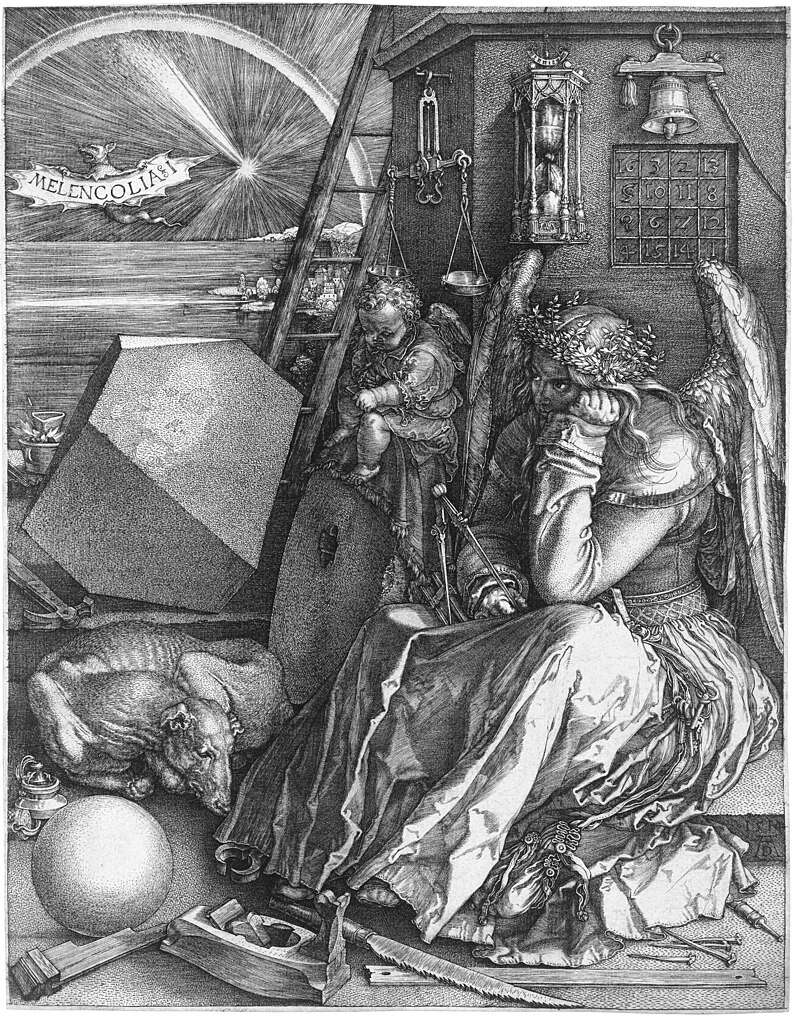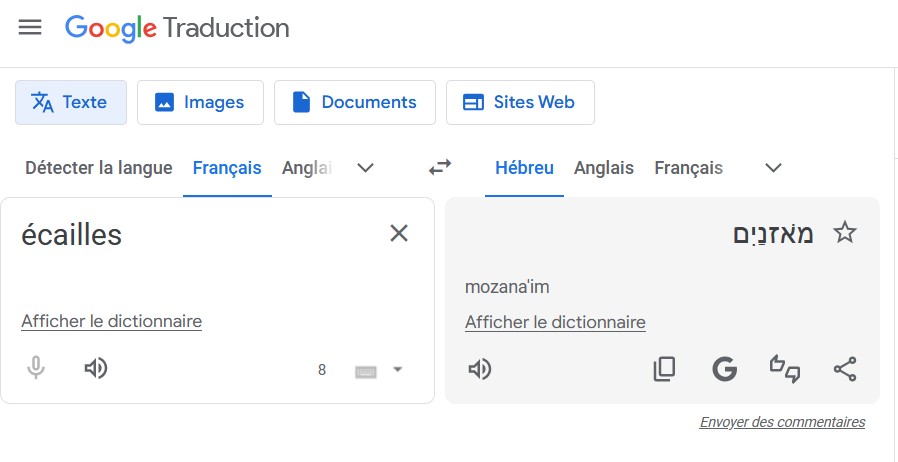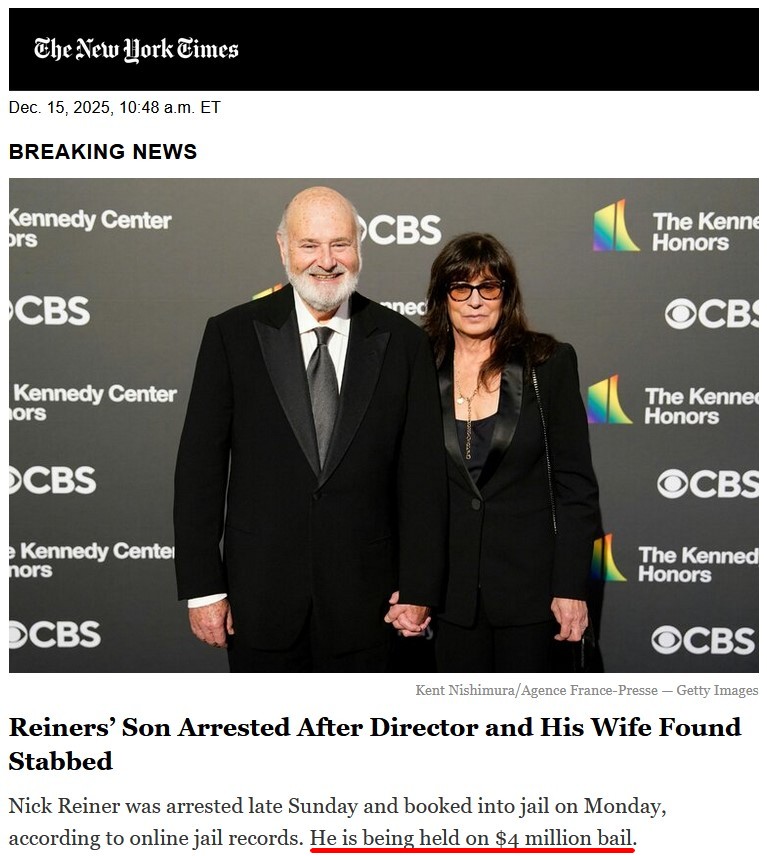Le 10 janvier, je passe commande sur le site de La Redoute d’une paire de jolis (j’espère) tabourets rouges pour ma cuisine.
Le 14 janvier, je reçois deux courriels (un pour chaque tabouret…) de La Poste-Colissimo* m’annonçant fièrement que :

…sans précision de l’heure de la livraison. Je dois donc être cloîtré chez moi toute la journée.
Le 15 janvier, je reçois un courriel de La Redoute, m’annonçant joyeusement que :

Ces colis arriveraient donc plus tôt qu’annoncé par le transporteur ? Je clique sur chacun des deux liens Suivre mon colis, et la page qui s’ouvre affiche bien :

Comme quoi, le service d’information de La Redoute est redoutablement confus. Je le leur signale par courriel (resté jusqu’à ce jour sans réponse).
Le 16 janvier, dès 8 heures du matin, je consulte régulièrement le site de suivi de livraison de Colissimo . De temps à autre, il affiche une carte indiquant où se trouve le livreur – parfois dans une rue parallèle, parfois dans ma rue – tout en indiquant que les colis sont (encore) en préparation sur le site de livraison… Comme quoi, le livreur serait parti sans la livraison ?
Après plus de 6 heures d’attente, je cherche à contacter La Poste. C’est bien évidemment son « assistant virtuel » qui s’ouvre. À ma question sur les créneaux de livraison, voici sa réponse :

Après 8 heures et demi d’attente, les deux tabourets me sont finalement livrés. Eh bien : l’un des deux est bleu bien que j’avais commandé deux tabourets rouges – pourtant, son emballage précise qu’il est rouge – et l’autre est bien rouge mais bancal.
Je décide donc de renvoyer les deux tabourets, et appelle La Redoute pour connaître la procédure, souhaitant qu’on vienne les reprendre chez moi. La conseillère qui me répond dit qu’il suffit que je le signale sur le site de La Poste… or ce site ne permet l’enlèvement que de colis pouvant être déposés dans une boîte à lettres ! Je rappelle La Redoute. Une autre conseillère me répond et me dit que c’est ainsi chez Colissimo. Elle rajoute que si La Redoute avait utilisé un autre transporteur (qu’ils utilisent pour de gros paquets), celui-là serait venu les enlever chez moi… Vu leur volume, j’ai donc dû demander à T. de venir avec moi les déposer à La Poste, ce qu’il a fait avec bonne grâce.
Après ces péripéties, j’ai voulu déposer un avis sur la page du produit sur le site de La Redoute. Mon avis a été rejeté, parce que, concernant le tabouret bleu, c’était « un problème de livraison », et donc ne concernant pas l’objet en tant que tel. J’ai donc supprimé cette mention, et n’ai pu que mentionner le tabouret boiteux.
Il s’avère aussi qu’il est impossible de déposer une réclamation sur leur site : elle ne pourrait concerner que les tabourets eux-mêmes, et nécessiterait que je les photographie, mais je les avais déjà renvoyés ; elle ne pourrait concerner les processus de livraison et de retour.
J’ai voulu déposer une réclamation, et ai choisi l’option WhatsApp pour ce faire : je suis (évidemment…) tombé sur un « agent conversationnel » (non, ce n’est pas un agent humain), et voici ce qui s’est dit :

J’ai donc cliqué sur le lien menant au formulaire concernant une commande La Redoute. Voici ce qui s’est affiché :

Ce n’est que bien plus tard que j’ai réalisé que le lien était mal codé dans la réponse de cette « intelligence », comme le montre l’encadré dans l’image précédente.
J’ai tout arrêté et envoyé un courrier recommandé avec accusé de réception à la directrice générale de La Redoute.
Conclusion : La Redoute – plus jamais !

Le 28 janvier, donc 12 jours après mon renvoi du colis à La Redoute, je reçois un appel de leur service clientèle, d’évidence suite à la réception de mon courrier adressé à leur directrice générale. Après les excuses de convenance, l’interlocutrice m’annonce qu’elle va hâter la procédure de remboursement (selon leur site : trois à quatre semaines), et m’envoyer un bon d’achat de 20 €, valable un an. Au vu du coût de l’expédition de mon courrier recommandé avec accusé de réception, cela me revient à à peine un chouia plus que 10 €…
_________________
* L’adresse de l’expéditeur des deux courriels de Colissimo est noreply@notif-colissimo-laposte.info, qui semble étrange. Pourquoi pas simplement une adresse se terminant par laposte.fr ? Cela semble tellement être un mail de hameçonnage que je passe un bon moment à en vérifier l’authenticité, avant que de cliquer sur le lien, qui va bien, lui, sur le site www.laposte.fr.












